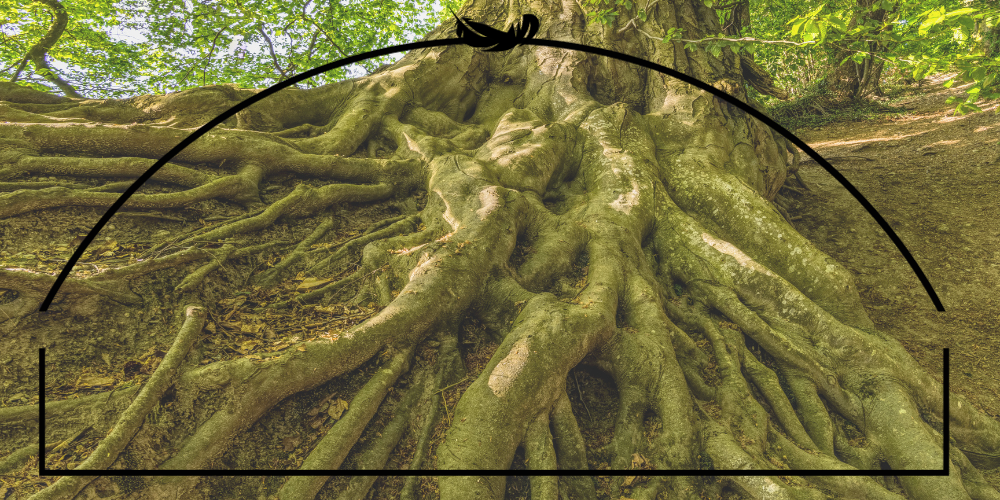Are we, as modern people, especially euro-centric modern white people, fundamentally unrooted from our own “indigenous” spiritualities? And what does indigenous knowledge even mean, especially for those of us of mixed ancestries or immigrant backgrounds?
What would connecting to our indigenous ways of knowing actually look like?
Does it require that we choose an ancestral lineage and follow it back into a time before Christianity? Is that even possible? Does it mean accepting the premise that as a mixed Dutch and Gaelic woman on Turtle Island that any connection I have with said lineages will have to be tempered through the lens of distance? Are the gods of my ancestors the only ones I can work with and even then, is that relationship complicated by distance and living outside of the source culture from which they came?
Quick! Stop the struggle bus: I think we’re overcomplicating things.
And I say that will all the respect I can muster, because I have been guilty of overcomplicating things for a very long time as I worked my way through the past decade thinking about, reacting to, and adapting the ways I consume, fetishize, and colonize other cultures as a white middle class woman educated in the Western Eurocentric education system.
Perhaps we are missing the point entirely as we rush off to find our own ancestors, open traditions, and other paths that might offer us insight and rootedness.
Instead of window shopping and consuming spirituality, witchcraft and magic from around the world; maybe we should be digging into where we live and connecting with the land. Maybe it’s not about finding the right patron deity or tradition but actually going out and finding the magic and entities around us and learning to be in relationship with them.
I may not be able to work with Sky Woman because I’m not Indigenous. But I can tap into the energies of the river less than a kilometer away or the creek in the field behind my house that feeds into it, work with it, and learn from it.
My European ancestors created temples and tributes to the waters around them, from specific river deities like Matrona and Boann, to deities of wells, fountains, and seas like Conventina and Neptune. Our indigenous knowledge is this, regardless of where we come from and where we live: water is sacred and something to revere. The land is sacred and as humans, we are part of the land and we are in relationship with it. And if we approach the land through that lens, we may find exactly the connection we long for (maybe with the names of old or maybe with new names). The naming isn’t the point though really. Naming a tool of the western mind (others too I’m sure but I can only speak for what I know). The recognition of the energy, as experienced in the lands we inhabit (be it the same or different) is the point. Connecting to the location and time we live in is the point.
Reconnecting with our ancestral knowledge that the land around us is filled with energies or entities that can be part of our magical family is the indigenous/ancestral knowledge we should be seeking in order to reroot ourselves in this age.
Maybe the way forward isn’t an unquestioned adherence to the sabbats or old gods, but relearning our way in this age, post-industrialization, to reclaim our connection to the land, the stars, and the collective group minds of this age (think seasons, states of mind/being, flora/fauna, astrology, and more) in order to reroot ourselves in the knowing that is our inheritance: we aren’t apart from the world; we are deeply connected to it and thus need to be rooting ourselves in relationship with the lands, energy currents, and communities we inhabit.
I don’t know. These are just the thoughts that are bouncing around in my head lately. What do you think?

